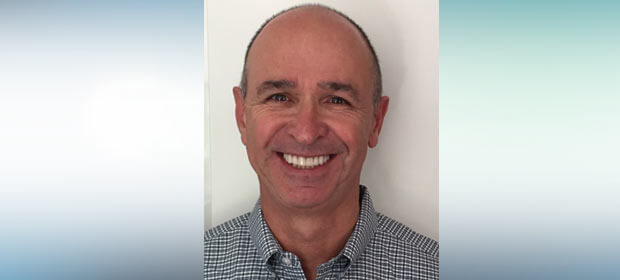In all hospital systems, be it in Ireland or elsewhere, the issue of supply of healthcare to the increasing demand for care is the wicked problem to be solved, writes Dr. Peter Lachman.

If there were unlimited resources then possibly the demand could be met, though this is not certain. We do not have unlimited funding to solve the problem, though if we dealt with the inherent inefficiencies in the system we would have more to spend.
We will need to think very differently if a solution is to be found. Health care is bombarded with solutions from management consultancies, each offering a way to solve this problem, whether it is Lean, Six Sigma, Supply Demand Management, TQM, etc.. If there is one answer then we would not have a problem. It is clear that we need to be inventive and consider whether the model of healthcare we are trying to fix is the right one in the first place. Constant reorganising of structures and changes in how we manage services is not the answer and is not usually based on evidence of what works. However there are some interventions that transcend any particular methodology.
I am pretty agnostic when it comes to methodologies.
I am pretty agnostic when it comes to methodologies. Remodelling care requires some tough decisions so we need to consider what we can do in the interim. The key is to understand the problem and then to apply some basic principles to match supply of services with the demand. Firstly, we need to understand the problem. Healthcare provision in hospitals has been designed around patients with a single organ disease, whereas now people live longer and as they get older their disease patterns become more complex, involve many different organs and therefore a host of clinical teams. Hospitals as they currently are designed are not the solutions but more of the problem as the capital cost prevents the rapid change required. Hospitals are historical constructs, often built in places where they may not be needed, and not fit for the modern service that is needed. It is like trying to fly across the Atlantic in twin propeller planes rather than jets. Finally culture is the major inhibitor to change and hinders innovation.
One could be pessimistic and say it will never change. One could argue that we need modern facilities with flexible processes that meet the needs of the service. We do not have these yet we can still improve what we do by some interventions in the current environment that would make a difference:
- Understand the real demand, i.e. what is the demand for urgent and scheduled care. These are often a grey area as the scheduled care becomes urgent as the system is not working. This requires data and although we appear to be data poor, if one examines the data we have, one will be surprised at what one can learn.
- Engage clinicians in the process of service redesign and understanding the supply of services is the foundation to solving the issue. This will require dealing with the inherent ambiguities that exist in the system. https://hbr.org/2005/09/fixing-health-care-from-the-inside-today/ar/1
- Separate the flow of urgent care totally from the flow of emergency care. This will require culture change as the clinicians will need to agree what is urgent and what is not.
- Accept that Emergency flow is usually predictable, based on epidemiology and therefore can be managed prospectively. It usually is a seven day a week business and needs to be delivered as such.
- Understand that scheduled care is the most unpredictable part of hospital demand and the variation in how it is organised and delviered needs to be reduced or eliminated where possible. If one studies the demand one will soon see that the elective demand varies day to day both in number and in acuity, as well as the demand for supporting services. Smooth out the elective or scheduled demand or flow over the five day working week and, if needed, over a 6 day working week.
- Apply improvement methodologies to address the issues that arise once flow has been smoothed and variation in day to day demand has been eliminated.
- Anticipate rather than react. The theories of high reliability used in highly performing organisations require situation awareness and prediction of what may happen. Healthcare may appear to be more complex that running an oil rig or nuclear power station; but until we reflect on the structures we have developed, the variation in the process and the lack of standardisation, we will not be able to say we are really that different.
Smooth out the elective or scheduled demand or flow over the five day working week and, if needed, over a 6 day working week.
The principles are fairly straight forward. Rather it is the beliefs and attitudes that hinder implementation and makes flow a wicked problem
Read more on how to apply these principles on the Cincinnati Children’s Website http://www.cincinnatichildrens.org/service/j/anderson-center/capacity-management/default/

